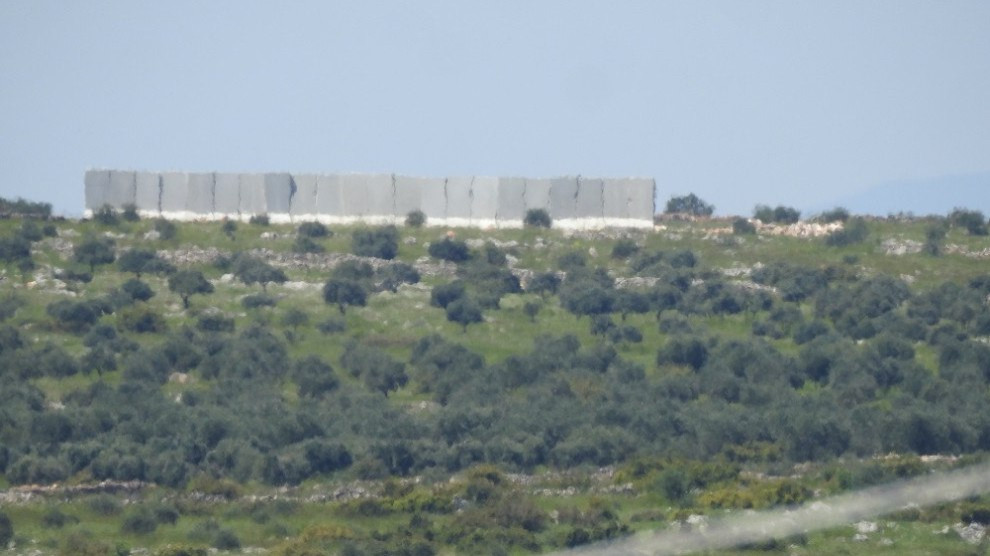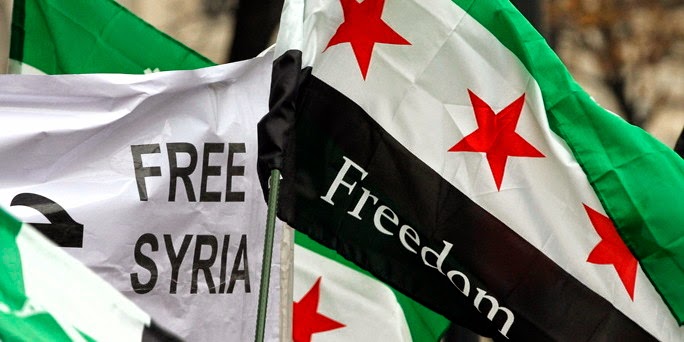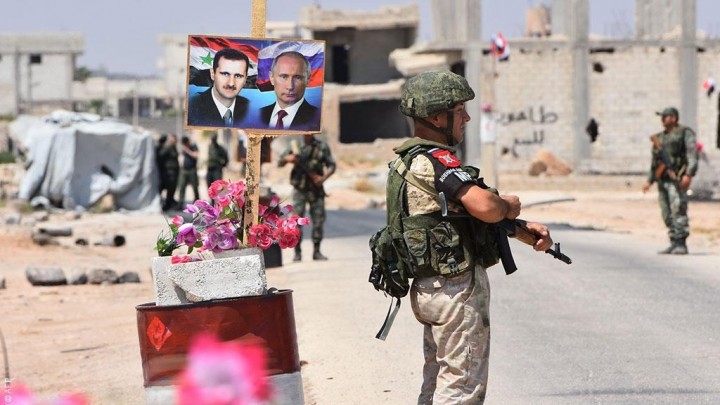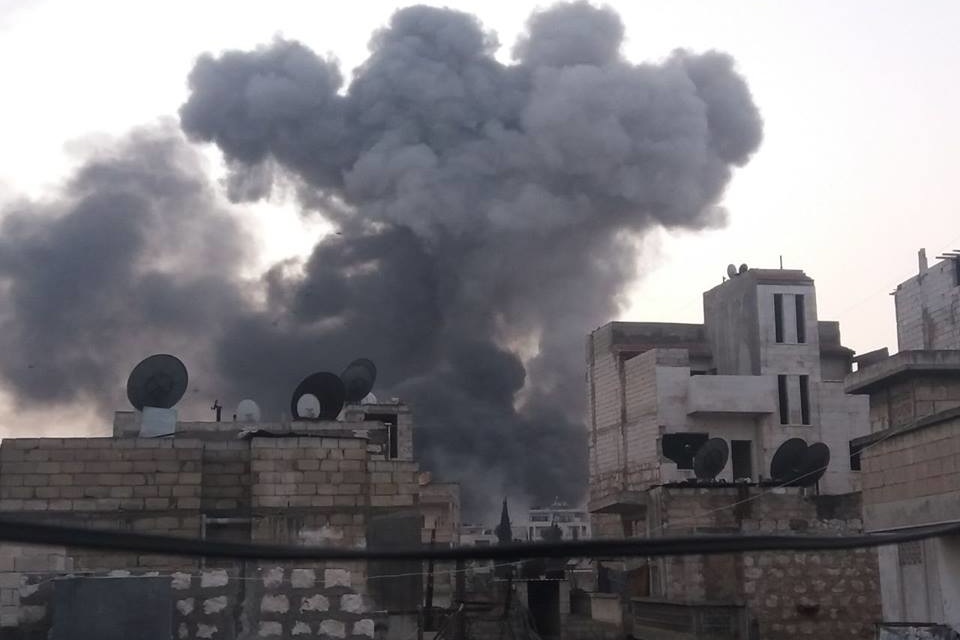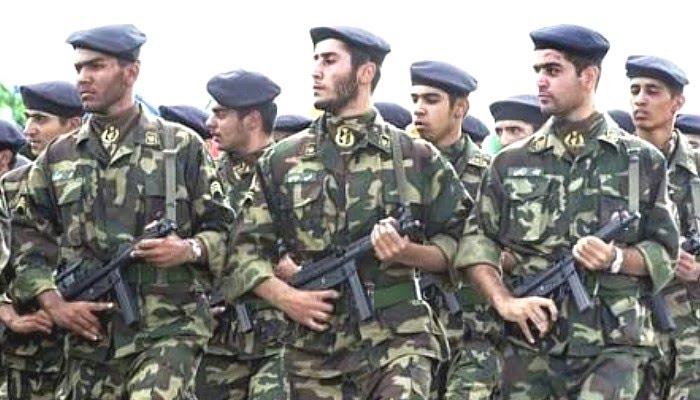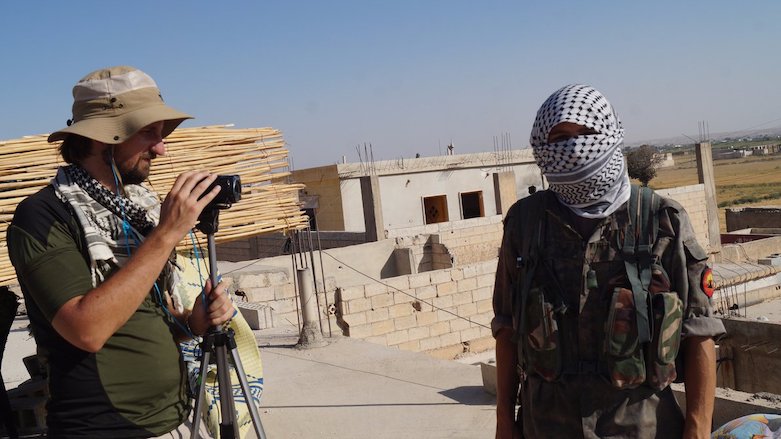Syria
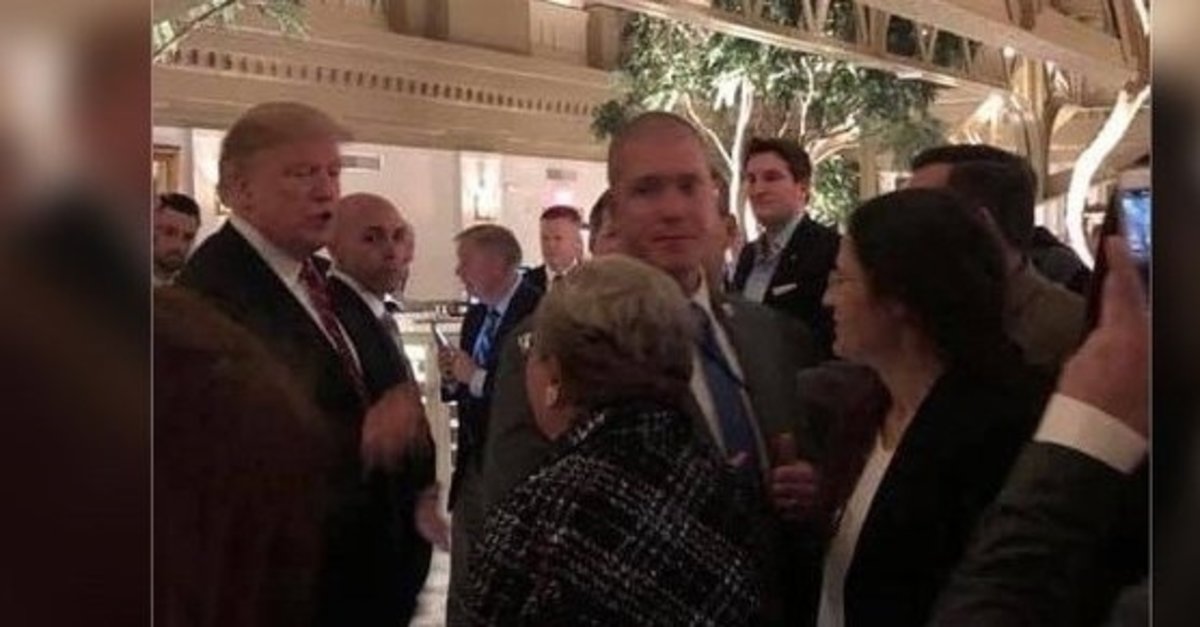
We’ve already noted the strange bedfellows in the Rojava Kurds’ political push to forestalll a US withdrawal from northern Syria, which would be a green light for Turkey to attack their autonomous zone. Well, they just got stranger with the arrival in Washington of Ilham Ahmed, co-president of the Syrian Democratic Council, civilian wing of the Kurdish-led US-backed Syrian Democratic Forces. She and her delegation met with Trump at the Trump International Hotel, where the prez reportedly told the group “I love the Kurds,” and promised that they are “not going to be killed” by Turkish forces. Making it even more surreal, Hawaii Rep. Tulsi Gabbard, best friend of fascist dictator Bashar Assad on Capitol Hill, brought Ahmed to the State of the Union address as her special guest. The Turkish newspaper Takvim ran a photo of Ahmed standing beside Trump at the SOTU. We wonder if Ahmed, who represents a radical-left Kurdish revolutionary movement that is influenced by anarchism, is aware that the presidential bid of her host Gabbard has been endorsed by David Duke—who shares Tulsi’s fondness for Assad.
